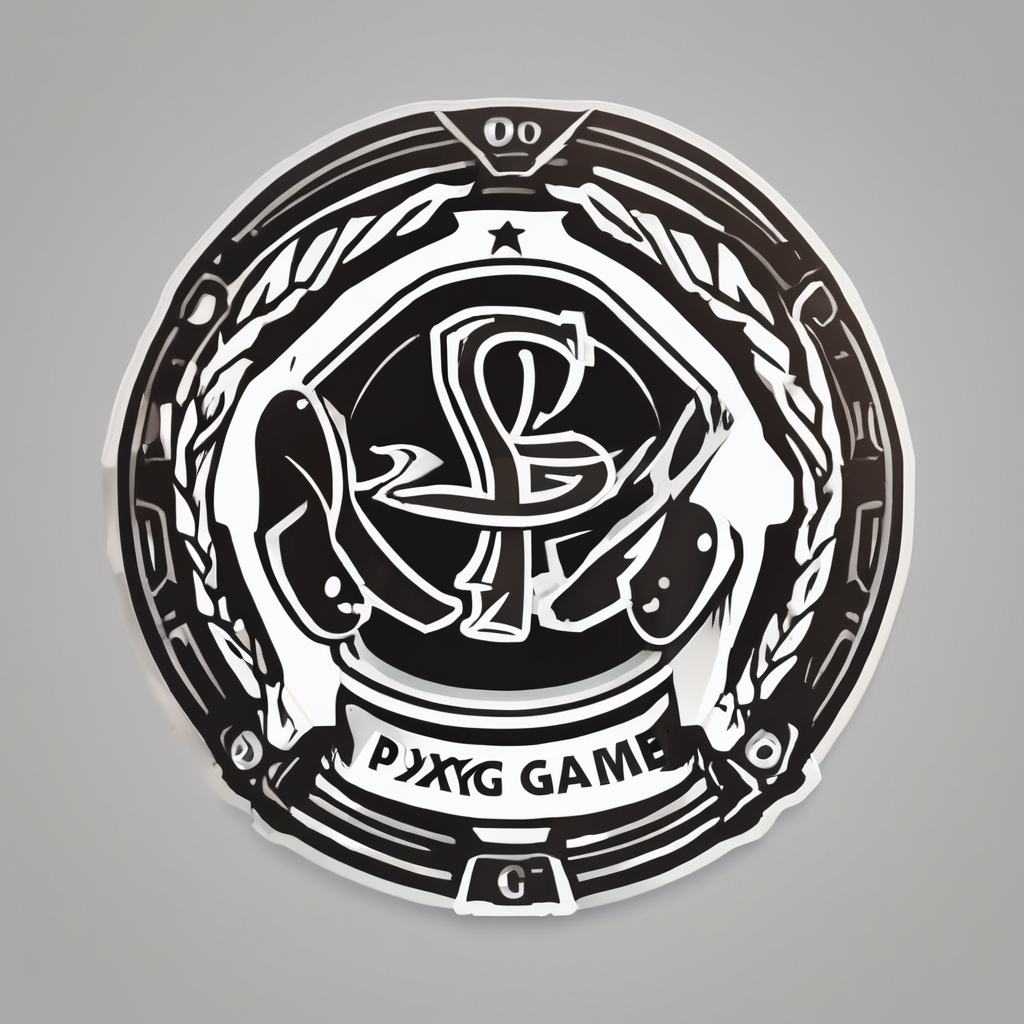Key ways UK companies implement IoT in marketing
UK businesses IoT adoption is transforming marketing strategies by enabling highly tailored campaigns. Through IoT marketing strategies UK, companies integrate smart devices and sensors to gather real-time consumer data. This data allows marketers to deliver personalized marketing campaigns that resonate more closely with individual preferences.
For example, retailers utilize sensor-equipped stores that track customer movements and product interactions. These insights help optimize store layout and trigger targeted promotions, enhancing the overall customer experience. Additionally, IoT applications marketing enable automated and dynamic engagement, such as sending personalized notifications or adjusting in-store digital displays based on customer presence.
In parallel : How can UK marketers use predictive analytics to drive sales?
The power of data-driven insights generated by IoT devices empowers UK companies to fine-tune their approaches continuously. Automation plays a key role, reducing manual effort while increasing precision in campaign execution. This results in improved response rates and customer loyalty, demonstrating why many UK businesses IoT initiatives focus on combining personalization, smart technology, and automated decision-making for marketing success.
Case studies: Real-world examples from UK companies
Discovering how UK companies IoT integration transforms industries offers valuable insights. In the retail sector, several businesses utilize IoT-powered in-store engagement to enhance customer experience. For example, smart shelves equipped with sensors detect product interactions, allowing precise stock management and personalized marketing. This innovation boosts sales by tailoring offers based on real-time data analytics.
Also to discover : How does edge computing impact marketing operations in the UK?
In the automotive sector, connected car marketing initiatives are reshaping customer communication. Vehicles equipped with IoT devices collect driving patterns and preferences, enabling manufacturers to push targeted promotions and service reminders directly to drivers. This approach not only improves user engagement but also fosters brand loyalty through proactive customer support.
The hospitality sector leverages IoT for smart hotel experiences and loyalty programs. Hotels implement IoT to create seamless room controls via smartphones and optimize energy consumption. Additionally, data-driven loyalty schemes reward guests based on behavior, increasing repeat visits and satisfaction.
These IoT case studies UK demonstrate the powerful role of IoT in marketing innovation IoT, providing customized services through data insights across sectors. Such examples encourage businesses to explore tailored IoT solutions that enhance customer connections and operational efficiency.
Popular IoT applications shaping UK marketing
IoT personalization marketing is transforming how brands engage with consumers across the UK. A prime example is beacon technology, which leverages smart devices UK-wide to deliver pinpointed promotions in retail environments. Beacons transmit signals to nearby smartphones, enabling marketers to send timely, relevant offers based on a customer’s exact location. This boosts conversion rates by making marketing highly contextual.
Wearable tech also plays a significant role in enhancing branded experiences. Devices like smartwatches and fitness trackers collect real-time data, allowing marketers to tailor messages or rewards that resonate personally with users. This connected marketing technology fosters deeper loyalty by integrating brand interactions seamlessly into everyday routines.
Intelligent product packaging, combined with QR code integration, offers another avenue for immersive marketing. Consumers scan codes on packaging to unlock exclusive content, loyalty rewards, or product information. This fusion of IoT personalization marketing with tangible products bridges physical and digital experiences, creating multifaceted touchpoints that engage UK consumers dynamically. The evolving use of such connected marketing technology highlights the innovative strategies shaping the future of brand interaction.
Benefits of IoT-driven marketing for UK businesses
IoT marketing benefits UK companies by significantly improving campaign effectiveness and boosting conversion rates. By harnessing IoT devices, marketers gain access to real-time data on customer behavior, enabling precise targeting and personalization. This leads to better marketing ROI IoT strategies that deliver higher returns on investment compared to traditional approaches.
The enhanced customer engagement IoT provides goes beyond passive interactions. Businesses can now create interactive experiences tailored to individual preferences, encouraging repeated interactions and fostering stronger brand loyalty. Such engagement keeps customers connected with brands in innovative, memorable ways.
Additionally, IoT technology allows for advanced customer data collection and segmentation. Companies collect nuanced insights, such as usage patterns and contextual data, which refine audience targeting and campaign design. This granular understanding of customers drives more relevant messaging and optimizes marketing spend.
In summary, UK businesses embracing IoT marketing benefit from smarter campaigns, improved ROI, and deeper customer relationships. The ability to tailor campaigns dynamically ensures brands stay competitive and resonate with tech-savvy consumers in a rapidly evolving marketplace.
Challenges and risks in integrating IoT into marketing strategies
Understanding pitfalls to safeguard success
Incorporating IoT marketing solutions in the UK presents notable challenges, particularly around data privacy IoT marketing. UK businesses must navigate stringent regulations like the GDPR, ensuring personal data collected from IoT devices is handled with transparency and consent. Failure to comply can lead to hefty fines and reputational damage.
Security vulnerabilities remain a critical concern for IoT security UK business applications. IoT devices often have weak points hackers exploit, creating risks of data breaches or unauthorized access. These threats not only jeopardize sensitive customer information but can disrupt the entire marketing ecosystem.
Another significant obstacle is the integration complexity with existing marketing platforms. Many companies face technical difficulties merging IoT-generated data streams with traditional CRM or analytics tools. This hampers seamless customer insights and slows decision-making processes. Effective integration requires robust IT infrastructure and skilled personnel to manage diverse systems.
In essence, UK businesses must prioritize securing IoT devices and ensuring full compliance while strategizing on smooth data integration. Embracing these protective measures is indispensable for maximizing the value of IoT marketing initiatives.
Future trends and best practices in UK IoT marketing
In the evolving landscape of IoT marketing trends UK, one of the most significant shifts is the integration of AI-enhanced IoT to harness predictive analytics. This combination allows marketers to anticipate customer needs with precision, tailoring campaigns in real time and optimizing engagement strategies. Predictive analytics empowers brands to move beyond reactive marketing, enabling proactive decision-making.
Industry experts emphasize the importance of scalable IoT adoption as businesses expand their device ecosystems. Scalability ensures that IoT solutions remain effective despite growing data volumes and connected devices, a crucial factor for sustaining marketing performance and innovation.
For UK marketers eager to stay ahead in this dynamic environment, adopting best practices is essential. These include investing in flexible platforms that support seamless data integration, prioritizing customer privacy, and leveraging analytics to derive actionable insights. Staying competitive means embracing emerging technologies while maintaining ethical standards. Emphasizing continuous learning and adaptation helps marketers fully leverage the future of IoT in marketing. This strategic approach positions UK companies to capitalize on IoT’s transformative potential effectively.




